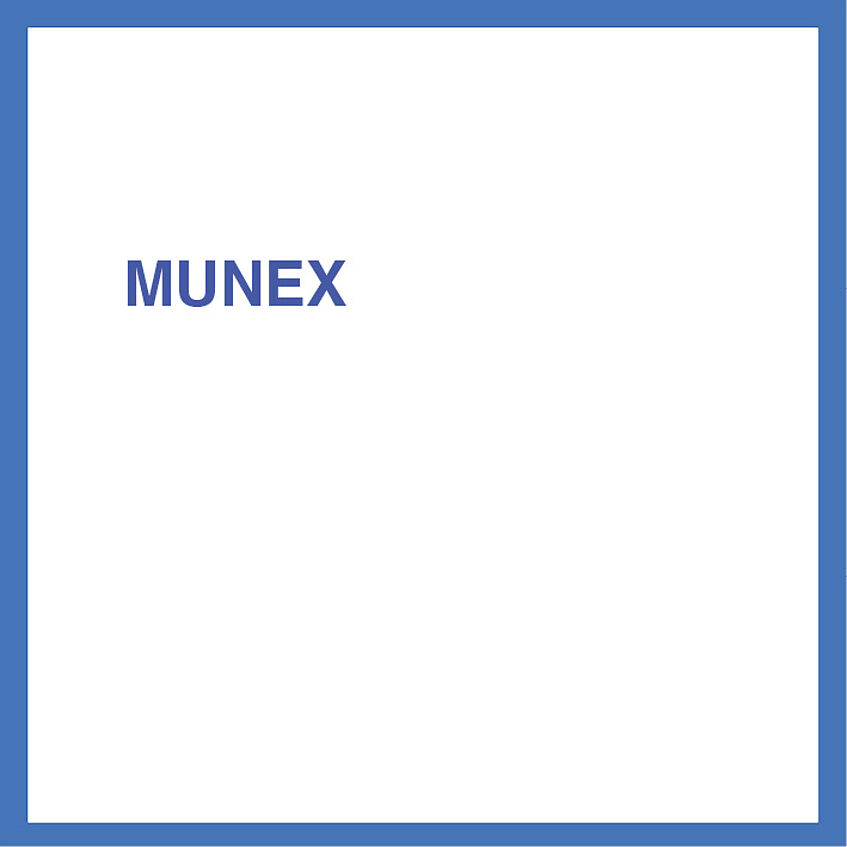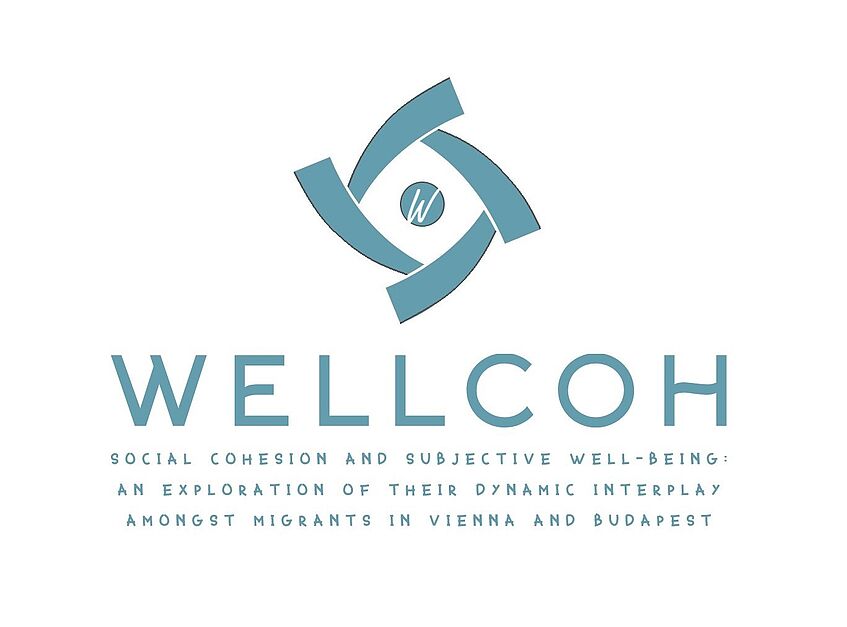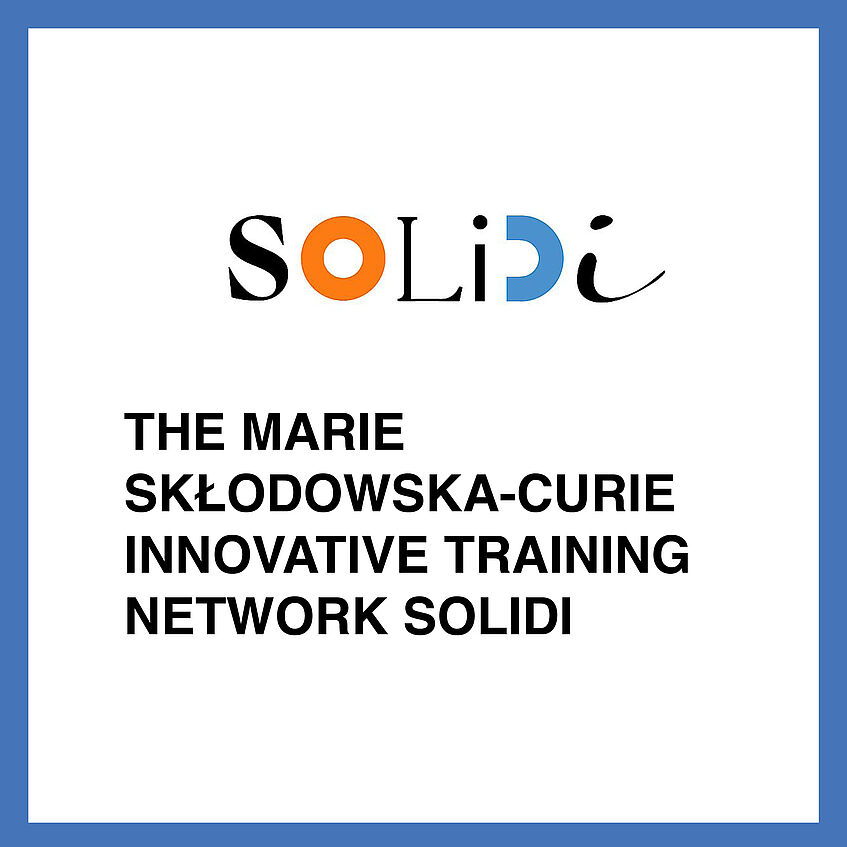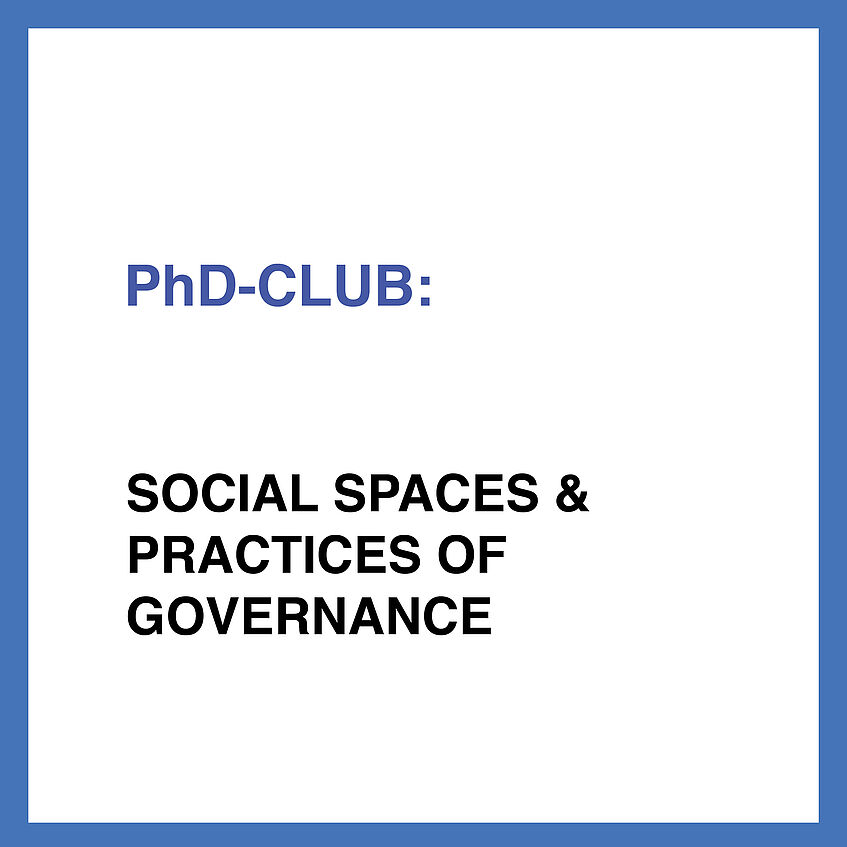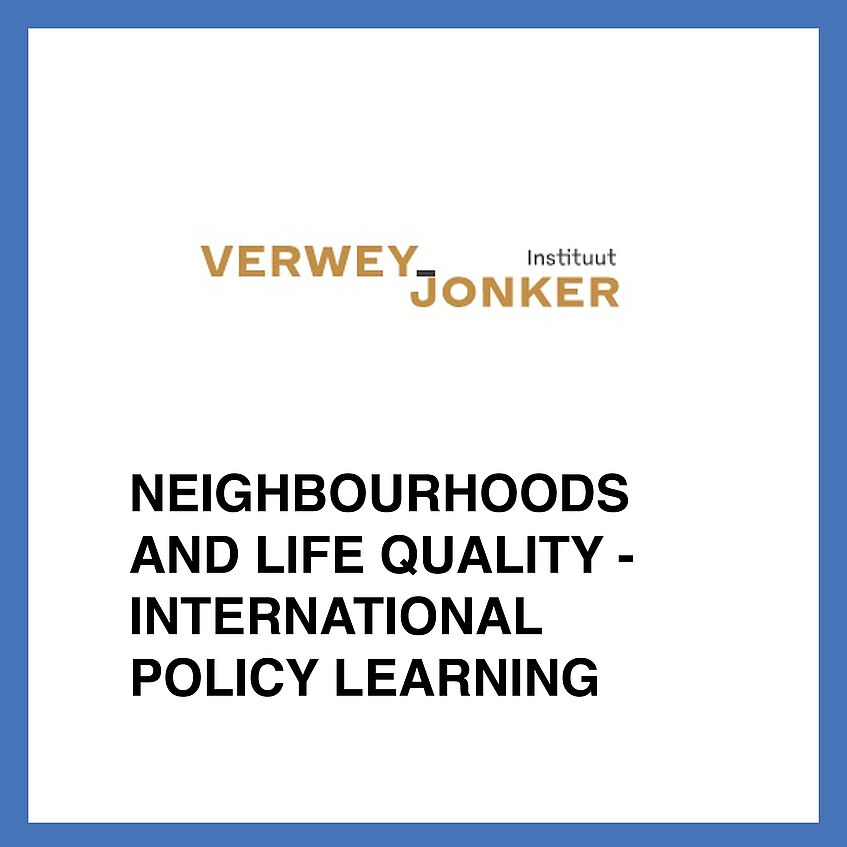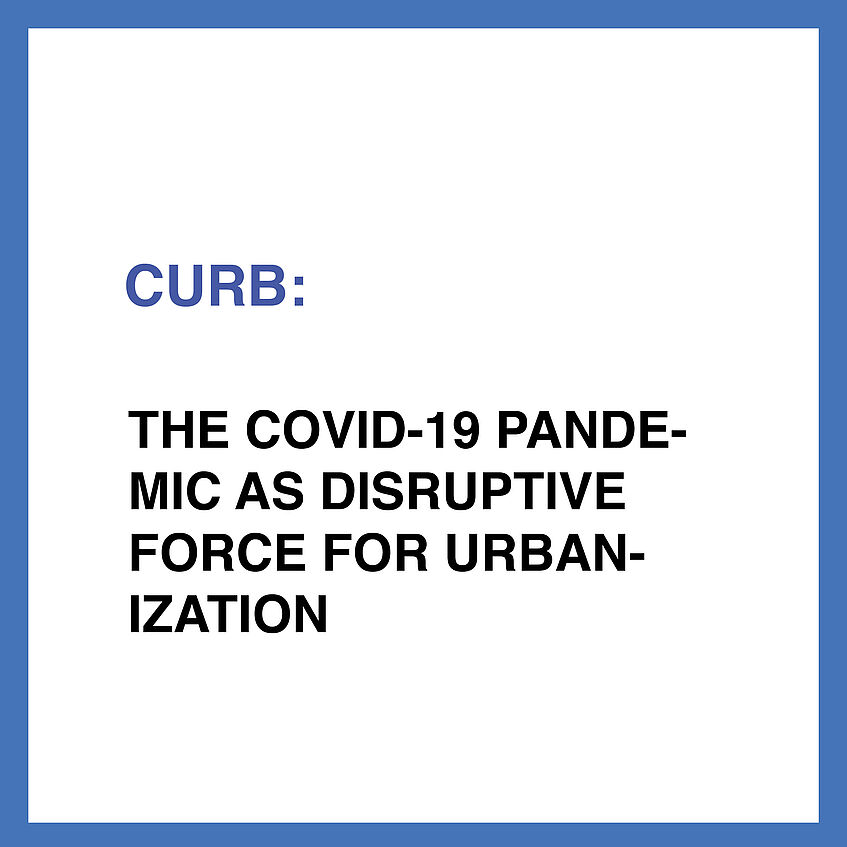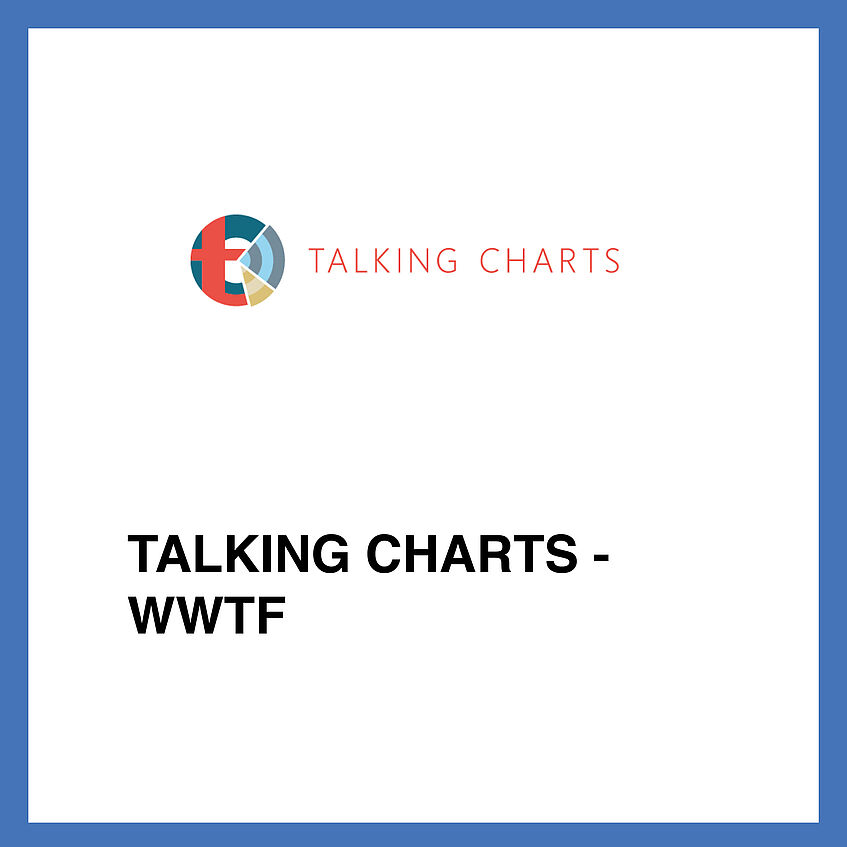Network

The Research Platform endeavours to unite interdisciplinary approaches to its research areas. Partner, collaborators and affiliated projects are its core.
WELLCOH – Social cohesion and subjective well-being
WELLCOH – Social cohesion and subjective well-being
WELLCOH seeks to explore the relationship between social cohesion (SC) and subjective well-being (SWB) in the case of foreign-born residents in Vienna and Budapest. Its innovative approach is not simply the strong linkage of the two concepts, but rather the attempt to understand their two-way relationship within one research framework.
GEtCoheSive - Governance Enhancement for Cohesive Societies
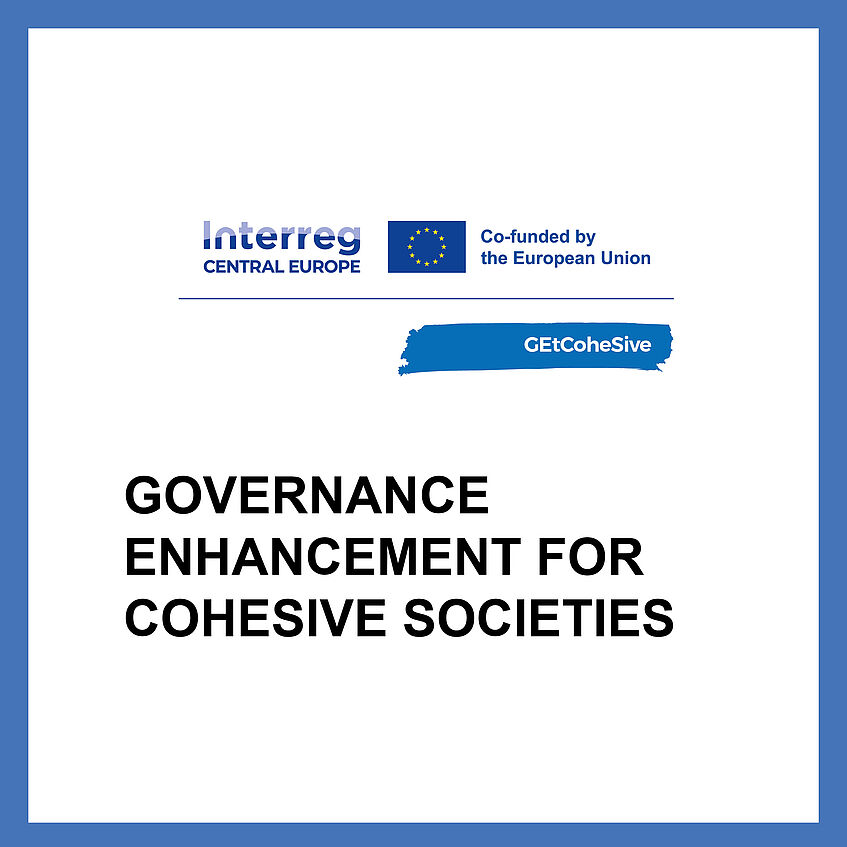
GEtCoheSive - Governance Enhancement for Cohesive Societies
The research platform is part of the GEtCoheSive research project, which received funding by the Interreg Central Europe programme for three years until 2026. 12 public and private actors participate under the lead of the Cá Foscari University of Venice, Italy, and ask the following question:
To what extent are multi-level governance processes related to the challenge of combating unequal opportunities for people to take part in society?
GEtCoheSive addresses this challenge and acknowledges that governance cannot be reduced to neutral technical mechanisms (relations among departments and offices), but it is a value loaded process with direct influence on the access and use of public services. Governance displays a vertical dimension (relations between different levels of government) and horizontal dimension (private-public relations, including citizens-public authorities-relations).
GEtCoheSive addresses the horizontal dimension and aims at improving participatory governance in 4 cities in Italy, Austria, Slovenia and Germany. We expect to increase the capacity of public authorities to engage citizens with a vulnerable background and to improve the co-planning between Public Authorities and Third Sector Organisations in access to services and environmental issues.
The Marie Skłodowska-Curie Innovative Training Network SOLiDi
The Marie Skłodowska-Curie Innovative Training Network SOLiDi
The MSCA European Training Network “Solidarity in Diversity” (SOLiDi), coordinated by Prof. Stijn Oosterlynck, University of Antwerp, started on the 01. January 2021. Prof. Yuri Albert Kyrill Kazepov is the scientist in charge of the Research Platform The Challenge of Urban Futures, joining a network of 10 beneficiaries and 23 partner organizations from eight European countries participating in the ETN.
The network will develop a training and research program focused on how to generate solidarities across cultural boundaries, taking the proximity of citizens with different ethnic-cultural backgrounds in specific places and the practices they engage in as starting point. In particular, SOLiDi will train 15 early stage researchers in relevant theories, research methods and ethics and paradigms of social change such as public pedagogy and policy and organisational change to study practices of place-based solidarities in diversity in different geographical, policy and organisational contexts. The aim is to articulate a new vision on solidarity adapted to superdiverse societies and to better equip professionals and organisations with adequate and innovative tools for facilitating solidarity in diversity.
One PhD research will be based at the University of Vienna.
Environment and Climate Research Hub
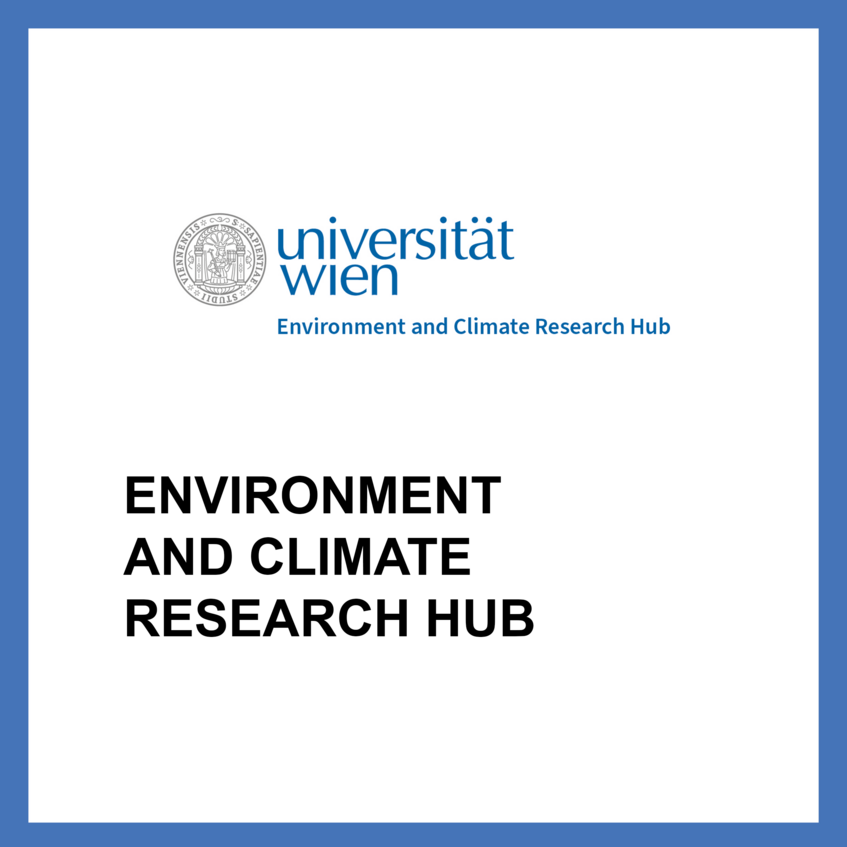
Environment and Climate Research Hub
The Research Platform is part of the Environment and Climate Research Hub of the University of Vienna. The network consists of scientists from the natural sciences, the social sciences, the humanities, law and economics and brings them together in the context of different initiatives. Furthermore, the network aims to take research to the outside world and to contribute, in joint efforts with its partners, to a responsible approach to our environment. The ECH is open to all researchers (students, doctoral candidates, postdocs, professors, etc.) of the University of Vienna.
Urban Agency III: Towards a more sustainable integration of disciplines in urban studies
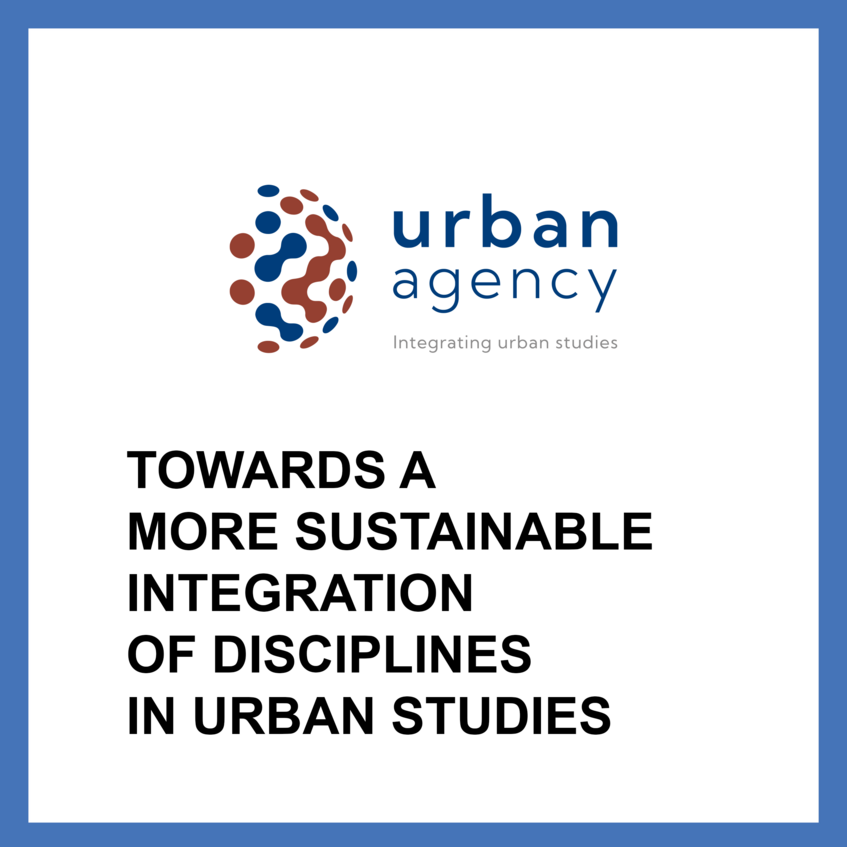
Urban Agency III: Towards a more sustainable integration of disciplines in urban studies
The Urban Studies Institute (USI) at the University of Antwerp, Belgium, offers a platform for interdisciplinary and integrated approaches to urban issues. It merges social and human sciences like sociology, history, geography and transport economy with urban planning, engineering and ecological and health sciences. Among other things, this has resulted in projects on smart cities (Hercules), solidarity (and religion) (FWO-SBO and MSCA-ITN-ETN), transit-oriented development (MSCA-ITN-ETN), green infrastructures, etcetera.
In the past five years, in large part thanks to the WOG “Urban Agency II: The Historical Fabrication of the City as an Object of Study”, the institute has assumed a pioneering role in reflections on the interdisciplinary nature of urban studies. This has resulted in several book projects and individual articles (some of which are listed below), including a book series (Routledge Advances in Urban History, series editors Bert De Munck and Simon Gunn) in which the relationship between historical empiricism and urban theory takes center stage.
The research is targeted at the urban environment and health, the urban metabolism and the relationship between nature and urban infrastructure; the urban economy and the related issues of inequality and mobility; political participation, civil society, migration and solidarity; urban identities, citizenship and the representation of the city.
PhD-Club: Social Spaces & Practices of Governance
This PhD Club is primarily a reading club but can also adapt to members’ punctual needs, e.g. to discuss a member’s written work relevant to the club. Its members collectively choose the readings that form the basis of the debates. Selected readings engage with (urban) governance from a sociological or anthropological perspective. More specifically, the club tackles the social processes of making policy, institutions, bureaucracies as well as the state. Local conditions and practices form the basis of our perspective on governance that we analytically connect with global processes.
The club gets together on a biweekly basis to discuss read literature and critically engage with it. It is organised within the Vienna Doctoral School of Social Sciences.
Target Group: Doctoral candidates, postdoctoral and early-stage researchers looking at the policy as social processes
Contact: Tatjana Boczy, Catherine Raya Polishchuk
Neighbourhoods and Life Quality - International Policy Learning
Research Project: Neighbourhoods and Life Quality - International Policy Learning
The Verwey-Jonker Institute (Netherlands) conducts a research project focusing on learning from policies in eight municipalities in Canada, France, Austria and the United Kingdom regarding vulnerable neighbourhoods. The researchers analyse key strategies as well as interviews with policymakers and practitioners to identify (un)successful strategies of increasing life quality at the neighbourhood level.
CURB: The COVID-19 pandemic as disruptive force for urbanization
In the long run, the COVID-19 pandemic is disrupting the development of urban regions though changing societal preferences of housing. Platform Co-PI Alois Humer and his work group of Spatial Research & Spatial Planning will follow this thesis on the case of the metropolitan region of Vienna in a multiannual FWF Project under the SARS-CoV-2 Urgent Funding.
Talking Charts - WWTF
Visualisations are ubiquitous tools for communicating data, both within science and the popular media. Urgent messages with immediate effects on public life, i.e. the exponential growth of COVID-19, are often communicated via charts or diagrams. It is not clear whether public interpretations of these visualizations match the messages their creators aim to convey. The same is true for data visualizations in science; it is not a given that experts will interpret them the way they are intended. How do visualization producers create, and consumers understand, the messages carried in visualizations? How do consumers come to trust or to distrust, to act on or to ignore them?
Talking charts is a three-year mixed-methods project exploring how people encode, understand and engage with the messages (and implicit assumptions) communicated by data visualizations, particularly those focusing on COVID-19 and climate change. The project team, with expertise in computer science and science & technology studies, will study and work with members of two case studies: 1) journalists and their readership and 2) researchers in the natural sciences, to develop and co-create tools and guidelines facilitating visual data understanding. We therefore take actual practices of visualization production and sensemaking as a starting point to inform and intervene into design, while also seeking to foster dialogue between visualization producers and consumers.
Municipalist Neighborhood Experiments / MUNEX
How do local urban democracies work in practice?
Municipalist Neighbourhood Experiments / MUNEX examines democratic policy experiments at a neighborhood level in Amsterdam, Barcelona, and Vienna. Its primary goal is to deliver insights on the success factors of local urban democratic initiatives, test new instruments for inclusive governance, and strengthen transitional networks of policy learning. It further aims to co-create three prototype initiatives that are shared between neighborhoods in three cities, which are sustainable, livable, and inclusive to all.
For this, MUNEX builds on existing local and international networks in three cities to connect key stakeholders across different governance levels, offering opportunities to scale up local experiments in municipalism. In each case-study area, the project partners will set up urban living labs to facilitate municipalist experiments, namely 1) citizen participation in developing a master plan in Amsterdam Noord, 2) public-communitarian partnerships in managing public spaces in Barcelona, and 3) participatory budgeting for climate change adaptation in Vienna.
On the one hand, its strategic approach will increase knowledge of how neighborhoods function as innovation ecosystems for municipal experiments, which can be scaled up transnationally. On the other hand, its applied approach will facilitate capacity building by strengthening networks and co-creating policy resources both at a neighborhood- and international level.
